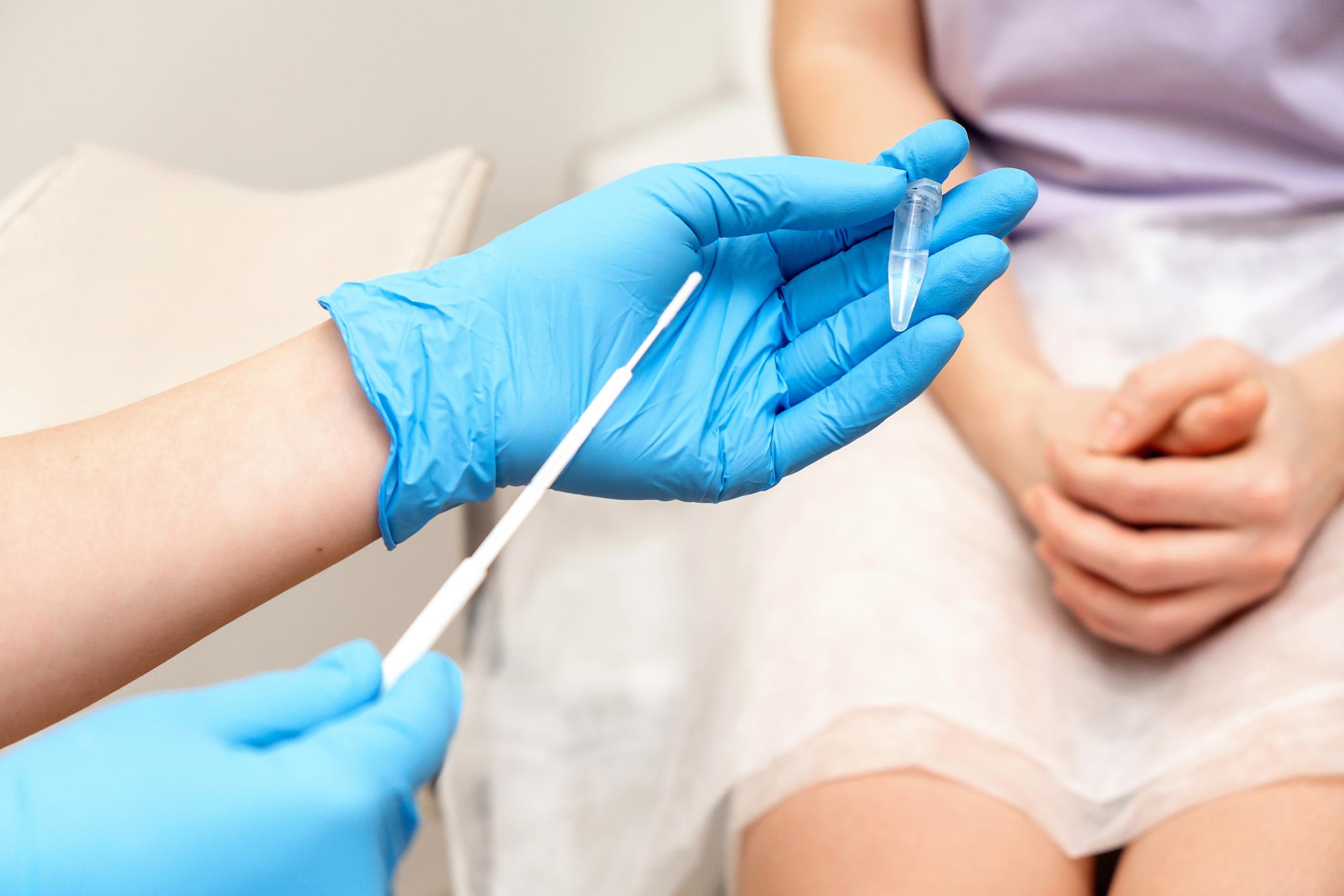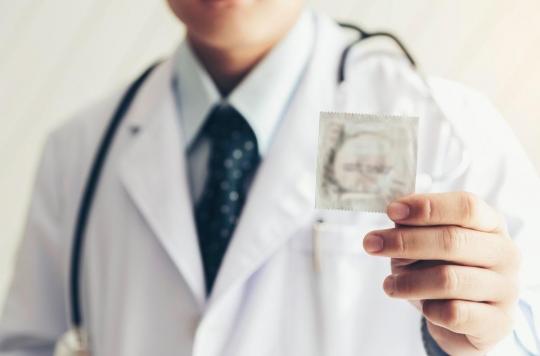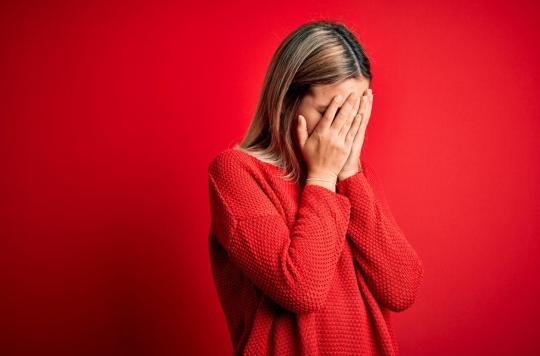How to accompany the end of life without rushing it, but with a duty of humanity? This is the question that the President of the Republic will have to answer this morning. Ten years after the vote on the Leonetti law, François Hollande will make public this morning the conclusions of the report by deputies Alain Claeys (PS) and Jean Leonetti (UMP) and will present the main principles of the bill which should result from it.
While most of your newspapers have turned their spotlights on these patients and these doctors confronted daily with this painful ordeal, Anne Jeanblanc has cast her gaze on another facet of medicine, that which saves lives. On the occasion of the 20th anniversary of the Chaîne de l’Espoir, the journalist from Le Point retraces the journey of this association which “repairs” the hearts of children in the four corners of the world. “100,000 children benefit from the care programs offered by the Chaîne de l’Espoir, 5,000 young people are operated on and 200 international missions are dispatched”, sums up Anne Jeanblanc.
“We are now considered a health player”, proudly asserts the founder of the Association, Professor Alain Deloche. The training of medical teams in Cambodia, Mozambique, Dakar or Kabul and the arrival of children in France mark the major developments of the association. In total, the association is present in a hundred countries.
Concerned about this duty of transmission, Professor Deloche and his teams are taking a new step in the transfer of knowledge. Thanks to a partnership with Google, the Chaîne de l’Espoir gave birth to the Chaîne du savoir. With a technical platform in Paris, doctors abroad, “we can, for example, imagine operating together with Google glasses, explains the Parisian cardiologist. Another possibility: examine a child simultaneously at the Necker hospital in Paris as well as in Dakar or Bamako”. The 74-year-old summarizes: “It’s huge”.












